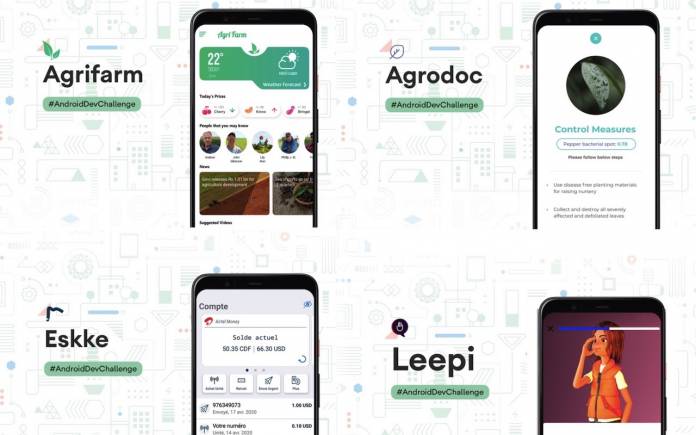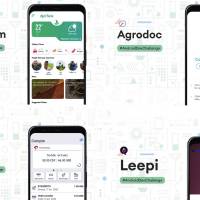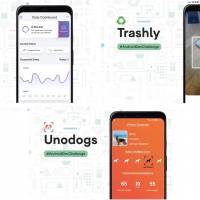
The Android Developer Challenge has long been a tradition of the Android community. It started way back in 2008 when Android, as a platform, was only starting. We’ve heard about numerous developers and their apps and games the past decade and we can expect more will be introduced. The event was re-introduced last year in search of new mobile apps worthy of recognition. Ten winners have been named by the Android team recently after months of testing and using the apps.
The winning apps are those the judges and other developers deem are very useful and significant. After a decade, the mobile world still needs apps that are beneficial to many people. The needs and wants of the people are constantly changing so devs also need to keep up with the demands.
Ten apps have been identified by the Android team. These apps offer different features and advantages. Machine learning has been taken into consideration. With the Android Developer Challenge, developers have explored the value of Google’s machine learning and applied the system to their apps with the goal of helping mobile consumers get things done easier and faster.
Here are the winning apps of the Android Developer Challenge:
• AgriFarm (Balochisan, Pakistan)
• AgroDoc (Navneet Krishna; Kochi, India)
• Eskke (David Mumbere Kathoh; Goma, Democratic Republic of Congo]
• Leepi (Prince Patel; Bengaluru, India]
• MixPose (Peter Ma; San Francisco, California, USA)
• Pathfinder (Colin Shelton; Addison, Texas, USA)
• Snore & Cough (Ethan Fan; Mountain View, California, USA)
• Stila (Yingdin Wing; Munich, Germany)
• Trashly (Elvin Rakhmankulov; Chicago, Illinois, USA)
• UnoDogs (Chinmany Mishra; New Delhi, India)
Most of these optimize the idea of on-device machine learning. The system becomes more accessible now with the ML Kit and TensorFlow Lite. Developers can use the kit to start building their apps with machine learning. They are easy to use that even beginners can understand.
As described, the ML kit brings more customizations and interactive experiences to apps. It allows object detection, text recognition, and language translation among others. Examples of apps that used the ML Kit are Eskke and MixPose. On the other hand, TensorFlow Lite helps help run machine learning models. It’s a set that allows a number of neural network-related applications.












